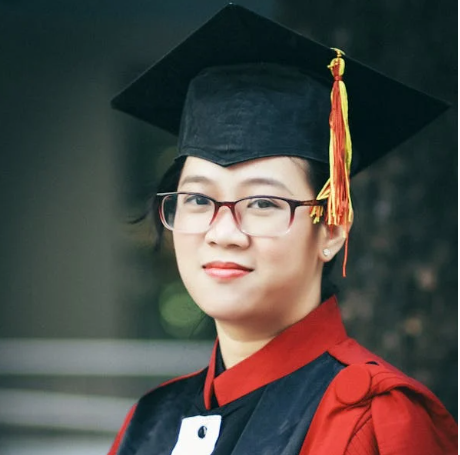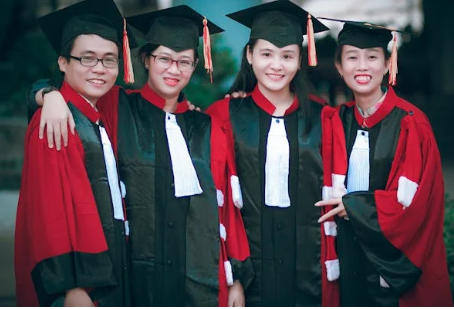Fully funded scholarships in South Korea offer international students an incredible opportunity to pursue higher education in one of Asia’s most dynamic and technologically advanced countries. South Korea, known for its high-quality education system and vibrant culture, attracts students from around the world. In this article, we will explore the various fully funded scholarships available in South Korea, their eligibility criteria, the application process, and the benefits they offer. Whether you’re looking to study for an undergraduate, master’s, or doctoral degree, South Korea has something for everyone.
Why Choose South Korea for Higher Education?
First and foremost, South Korea boasts a robust education system renowned for its academic excellence. The country ranks highly in global education indices, with universities like Seoul National University, KAIST, and Yonsei University consistently making it to the top of international rankings. Furthermore, South Korea’s focus on innovation and technology provides students with cutting-edge resources and research opportunities.
Moreover, studying in South Korea offers a rich cultural experience. Students immerse themselves in a unique blend of traditional and modern culture, from historic palaces and temples to bustling cities and high-tech advancements. Additionally, South Korea’s strategic location in East Asia makes it an ideal hub for exploring other Asian countries.
Types of Fully Funded Scholarships in South Korea
Several fully funded scholarships in South Korea cater to international students at different academic levels. Let’s explore some of the most prominent ones.
Global Korea Scholarship (GKS)
The Global Korea Scholarship (GKS) stands out as one of the most comprehensive programs for international students. The Korean government funds this scholarship, which covers tuition fees, airfare, a monthly stipend, medical insurance, and language training. GKS targets undergraduate, master’s, and Ph.D. students, offering them a chance to study at top Korean universities.
Korean Government Scholarship Program (KGSP)
Another excellent opportunity is the Korean Government Scholarship Program (KGSP), also funded by the Korean government. KGSP aims to foster international exchange and strengthen mutual cooperation. This scholarship covers tuition, living expenses, round-trip airfare, and a language training course. It supports both undergraduate and graduate students, ensuring a smooth transition into the Korean education system.
University-Specific Scholarships
In addition to government-funded programs, many Korean universities offer their own fully funded scholarships. For instance, Seoul National University provides the SNU President Fellowship, which includes tuition, a living stipend, and airfare. Similarly, KAIST offers the KAIST International Student Scholarship, covering full tuition, a monthly allowance, and health insurance. These university-specific scholarships often target students with outstanding academic records and research potential.
Eligibility Criteria for Fully Funded Scholarships
To qualify for fully funded scholarships in South Korea, candidates must meet specific eligibility criteria. These criteria vary depending on the scholarship but generally include:
- Academic Excellence: Applicants must have a strong academic record, usually with a GPA of 3.0 or higher on a 4.0 scale.
- Language Proficiency: While many programs offer Korean language training, proficiency in Korean or English (usually demonstrated through TOEFL, IELTS, or TOPIK scores) is often required.
- Age Limit: Most scholarships have an age limit, typically under 25 for undergraduate programs and under 40 for graduate programs.
- Nationality: Scholarships are often limited to citizens of specific countries, as stipulated by the scholarship provider.
Application Process for Fully Funded Scholarships
The application process for fully funded scholarships in South Korea involves several steps. First, applicants must thoroughly research the scholarships available and identify those that match their academic goals and qualifications. Next, they should prepare the necessary documents, which usually include academic transcripts, letters of recommendation, a statement of purpose, and language proficiency test scores.
Applicants then submit their applications through the respective scholarship portals or directly to the universities. It is crucial to adhere to deadlines and follow the application guidelines meticulously. After the initial screening, shortlisted candidates may undergo interviews or additional assessments before final selection.
Benefits of Fully Funded Scholarships
Fully funded scholarships in South Korea offer numerous benefits that make studying abroad financially feasible and academically rewarding. These benefits include:
- Financial Support: Scholarships cover tuition fees, living expenses, airfare, and health insurance, alleviating the financial burden on students.
- Quality Education: Recipients gain access to South Korea’s top universities, known for their rigorous academic standards and state-of-the-art facilities.
- Cultural Experience: Studying in South Korea allows students to experience its rich culture, language, and traditions, fostering personal growth and global understanding.
- Networking Opportunities: Scholars build connections with peers, professors, and industry professionals, enhancing their academic and career prospects.
Conclusion: Embrace the Opportunity
Fully funded scholarships in South Korea provide international students with a unique chance to pursue their academic dreams in a country known for its educational excellence and cultural richness. By meeting the eligibility criteria and following the application process, students can unlock a world of opportunities and embark on a transformative educational journey. Prepare diligently, apply strategically, and embrace the chance to study in South Korea with the support of fully funded scholarships.






